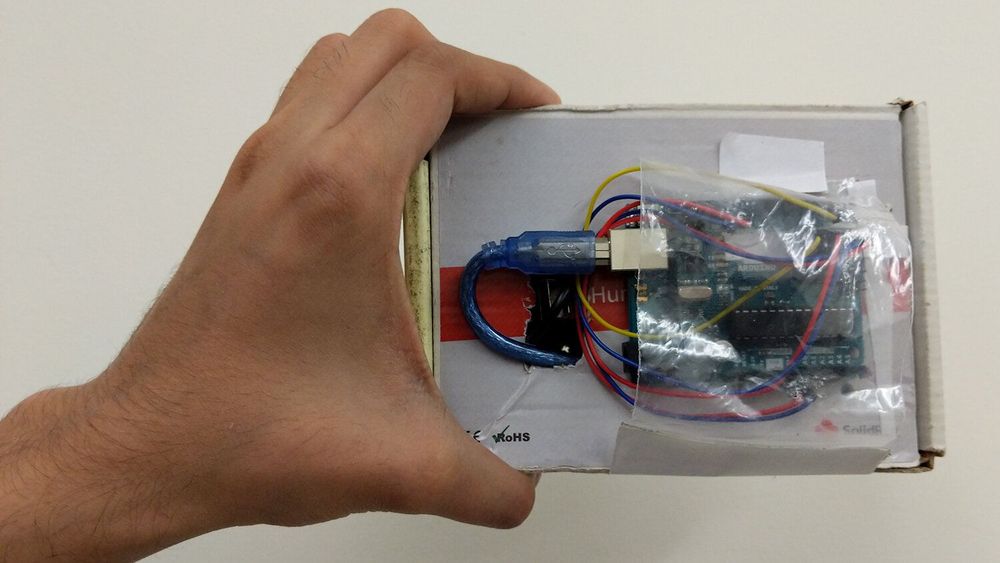There are many famous innovators in the Western world who have a bold vision, go after massively transformative projects and despite investor and public criticism deliver on their promises. Jeff Bezos, Larry Page, Sergey Brin, Mark Zuckerberg, and Steve Jobs are household names who went against the current, pushed their vision through and succeeded touching everyone on the planet and making the world a better place.
Since the passing of Steve Jobs, the crown of the bold inventor, innovator and high-tech businessman passed to Elon Musk who despite frequent criticism is the undisputed leader of disruptive entrepreneurship. However, when I ask some of the most informed westerners in my network to recall one global entrepreneur with an Asian name disrupting their life in the same positive way and at the same scale as Elon, very few can recall anyone besides Jack Ma, Dr. Lee Kai-Fu, or Dr. Ge Li. Even fewer would be able to name the exact contribution these people made to their health and wellbeing. For example, few people know that Dr. Ge Li’s companies that act as global open research platforms assisted in the discovery of many of the cutting-edge life-saving treatments that are benefiting everyone on the planet. There will be books written about the transformative role of these people in the future and, hopefully, Netflix documentaries.
But there are many great innovators and entrepreneurs, who are working on bold new ideas and technologies that will change everyones’ life in a very impactful and positive way but are not known to the general public in the West. These innovators often face criticism from the investor community which wants to see business models and projects that they can understand, projects they can believe and get the immediate returns. Like Elon Musk they face a lot of resistance but over time prevail and will impress every one of us. They will go down in history as pioneers and their names will be known in every household.







